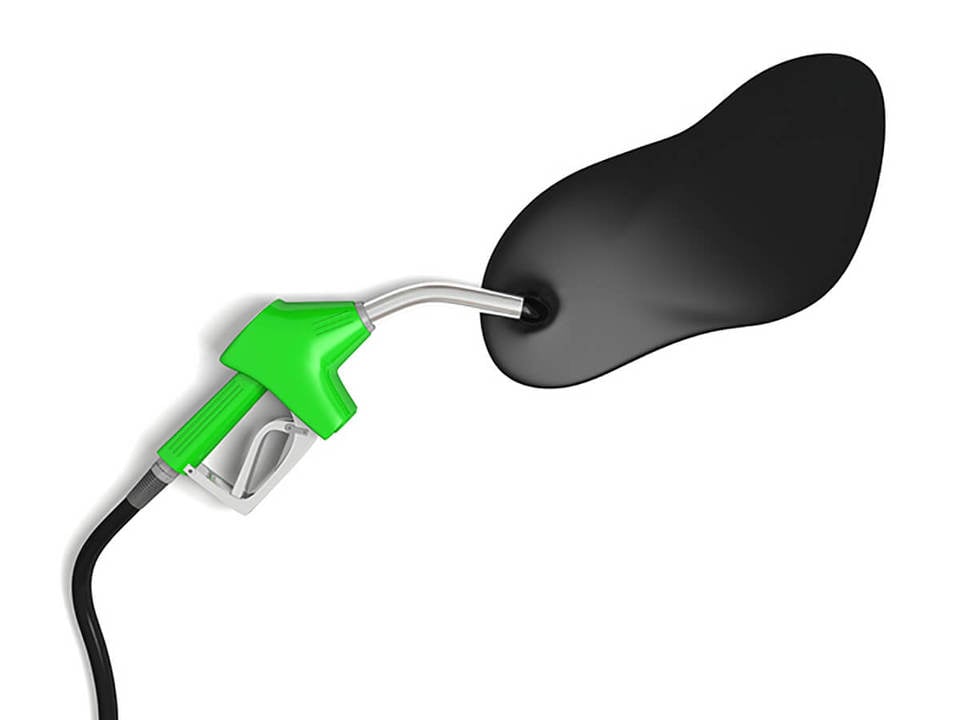Fuel prices are on the rise again: in the past month diesel pump prices have risen by 2.5%.
Now the OFT is scrutinising fuel prices in a review that will try to determine whether competition is being suppressed and if the falling costs of crude oilare reflected in prices paid by motorists.
As the recession continues, is it time for the Government to take action over the price we pay for fuel?
Do you think the current fuel price investigation by the OFT will have any real impact?
Matthew Walters It seems the current investigation is designed to draw attention away from steadily increasing pump prices. Prices are set to surpass the record high of 142.5p for unleaded set in spring of this year.
The investigation will not be looking into VAT and fuel duty costs, which make up the majority of the price of fuel but will focus on the base cost of crude oil and the margins made by retailers. ?
Due to the lack of control that oil companies and retailers have over these base costs, it is unlikely the OFT investigation will turn up any concrete suggestions for savings.
Paul Boulds With the country in recession, no money will be spared by the banks, or Government, to lend to build new sites to increase competition.
Glenn Ewen If it turns out that the traders have been manipulating the market in the same way that Libor was, then I fail to see how the OFT cannot act. The danger is that they might introduce something unworkable, unwieldy or that they just slap a few wrists and allow it to carry on.
What are your views on fuel pump prices and the fact that they shoot up quickly but fall more slowly?
Matthew Walters It is frustrating when apparent price falls do not translate to lower pump prices with the same speed as rises.
One element of fuel prices that can be controlled is the level of duty paid at the pump, and this is not something that is being investigated by the OFT.
While LeasePlan welcomed the fuel duty ‘freeze’ over the summer, we remain concerned that the 3p rise scheduled for the end of this year could still irreparably damage the UK economy.
Paul Boulds The pump prices do not reflect the drop in crude oil prices at the minute. With a rise of 1p/litre per day, the occasional drop comes too late to benefit the fleet.
Glenn Ewen We buy our fuel based on Platts, so we do see the rapid increases, then benefit from rapid drops as well. We see the slow return of retail prices and it is clear that they often don’t return to previous levels before the price rises again.
That conditions drivers to accept the next increase, and prices continue to stay high and keep rising.
Do you think of the Government should force fuel retailers to pass on price drops more promptly?
Matthew Walters There is little the Government could currently do to actively ‘force’ retailers to pass on price drops more promptly, but better consumer information on falling oil prices could lead to increased demands for cheaper fuel at a driver level. If prices fell more quickly, drivers would immediately feel the benefit.
Paul Boulds It should be their duty to put a law into place forcing this. Business could save thousands of pounds a month.
The Government should recognise that this would save businesses rather than forcing them to close.
Glenn Ewen I don’t believe the Government has any interest in reducing prices quickly. They get the duty anyway, but they also get a higher VAT take if fuel stays at a higher price for longer.
Larger retailers would most likely hold prices for a week to see if Platts comes back down, so we may not see large fluctuations. Smaller retailers may disappear if they tried to compete.
What difference has the increased number of supermarkets with fuel courts made to the price of fuel?
Matthew Walters Supermarkets often lead the way with price reductions. There is also the possibility of further money-off deals in conjunction with in-store purchases but this reward, designed to encourage loyalty, can mean drivers are less likely to use local petrol stations and may increase journey lengths to take advantage of the incentives. ?
Paul Boulds It is having a major impact on our larger vehicles – for example, the 26t Grab Wagons – as the majority of the supermarkets do not cater for HGVs so we have to find truck-stop filling stations, which are few and far between. This is costing more in travelling time as well as costing up to an extra 5p/litre.
Glenn Ewen Supermarkets are not always the cheapest but offer the incentive to reduce the fuel price if you shop with them. That’s not a criticism.
The impression is that fuel retailers and the major oil companies in general are not making much profit from fuel but from the other services offered on their forecourts. If too much regulation or control is exercised, they may pull out of fuel completely.
How has the decline of filling stations and the disparity of pump prices from region to region affected fleets?
Matthew Walters Business drivers are increasingly having to plan their journeys well ahead and the decline in the number of filling stations can add significant time and distance to already long journeys.
While rural fuel subsidies have been introduced for some remote areas these are too few to benefit the majority of business drivers.
Paul Boulds We do a lot of work in rural areas and trying to find a filling station that is not over-priced is hard.
Glenn Ewen Better mpg and increased range on fleet vehicles means there has been little effect for us. And our Platts pricing negates regional variation.

















Login to comment
Comments
No comments have been made yet.